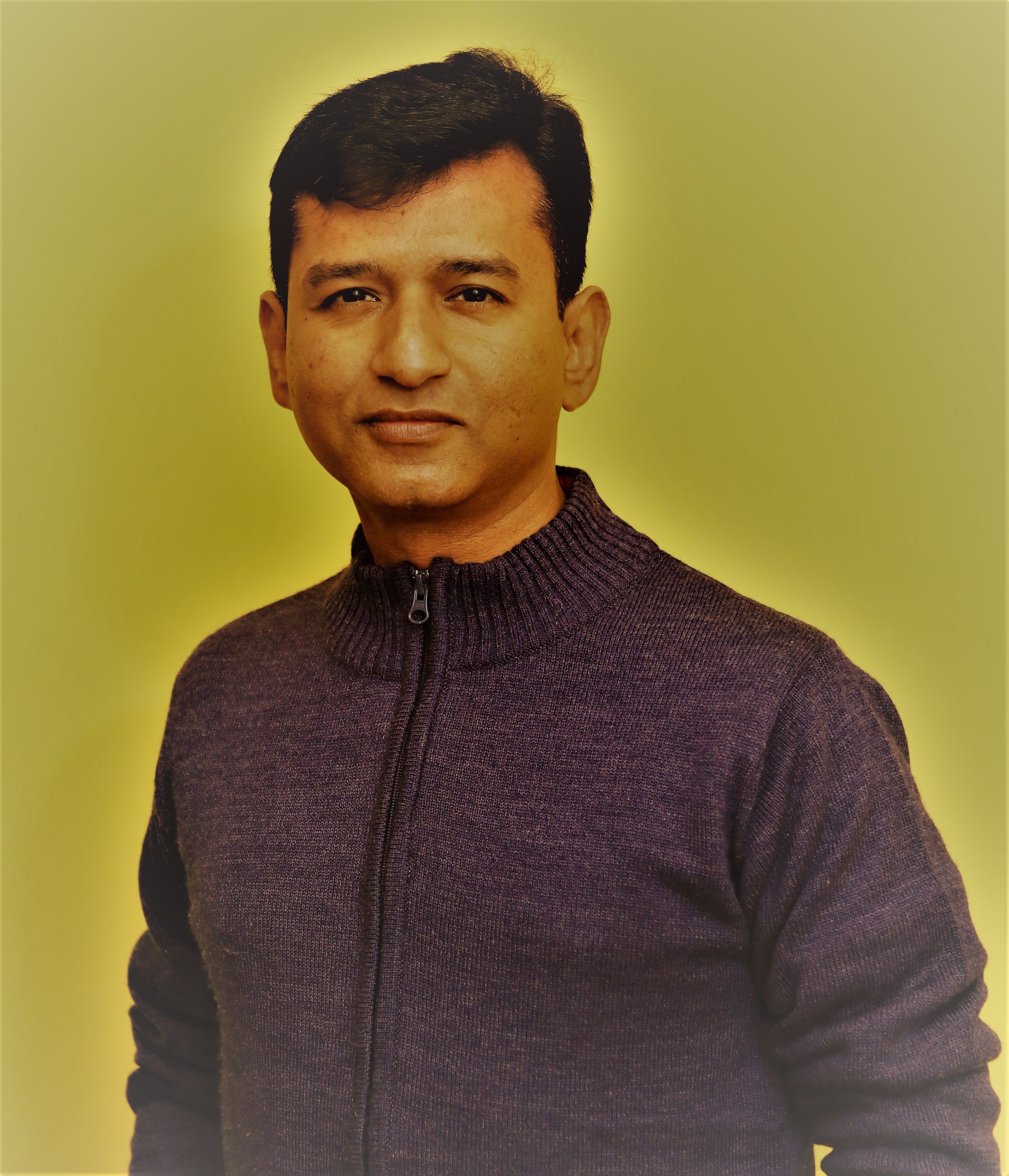A lot of people are unhappy today because there is a disparity between what they think will bring them happiness, and what actually does. I see so many people suffer from anxiety and stress. On nudging them a bit, one realises that the root cause is that they’re not able to negotiate well with their emotions!
Many of us have little control of our emotions, which is why they spill out from time to time and affect our well-being. Hence the key to good emotional health for me is balance and control.
Here are 5 practices that have helped me immensely to move towards balance and control –the acronym is RODAB.
Recognition – Being aware of the things in our day-to-day lives that affect us, and our reaction to those stimuli, is the key to moving towards better emotional health. Just recognising that we could do better in how we react is a big step forward. For instance, I may enjoy a comfortable equation with a client, who also understands my style of working. The moment a deviation happens from there, I may experience emotional stress. But I have to understand that every human is unique. Only then can we experience empathy and manage our emotions better.
Organising – daily. This is one of the simplest things one can do, and yet so many people fail to practice it religiously. When you’ve organised your day well, your mood is much better than if you’re not prepared at all. That is why, every day without fail, I spend 20 minutes on making my task list. This includes 10 minutes in the morning, and 10 in the evening to assess my progress. My endeavour is to tick off the completed tasks through the day. This frees me from the stress of “Am I forgetting something?”, and allows me to pay attention to important tasks that are entombed in my subconscious mind for whatever reason. The list has 2 sections—work and home—so that I do not neglect my responsibilities on the personal front as well.
Dissemination – of information. Many a time, we do not pay attention to what information is supposed to be shared, and in what way. It is important to realise that fact and tact go hand in hand. Knowing when to say something, and double-checking on whether the message has been understood in the correct way, is very important. It helps clear the air and leaves no ambiguity. For example, an email you send may be construed differently from what you actually ‘meant’ to say. This leads to a communication gap. Successful verbal and written communication hinges on understanding the difference between just relaying a message, and knowing how that message makes the other person feel.
Ambiguity –I am a staunch believer in leaving no ambiguity. Ambiguity is a choice. The more transparent we are, starting with ourselves, the better sleep one gets. This stems from commitment. For example, we hear these a lot: “I will call you in 15 minutes” (which often means that call may not come until the next day) or “I can do XXX task, but will take some time to come back to you” (often meaning ‘I have no idea when I will respond’). Ambiguity for the sake of escaping commitment leads to unnecessary emotional stress. It also results in lowered productivity in workplaces and homes.
Bridging – All the above tips, when applied in combination with each other, can have optimal impact on the mind’s ability to achieve emotional balance and control. And that, according to me, is a catalyst to a good and healthy mind, or in other words, peace of mind. Joining these dots between our intent and choices will help the mind function more clearly while helping us stay calm, which is the essence of emotional health.
Starting from recognising the things that affect us, to getting more organised, disseminating information with fact and tact, and leaving no ambiguity helps bridge the relationship between ourselves and the universe.
So, remember the RODAB principle, bridge the gap between your mind and heart, and believe that most things are in your control, starting with the choices that you make every moment.


